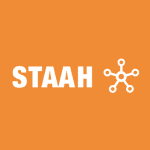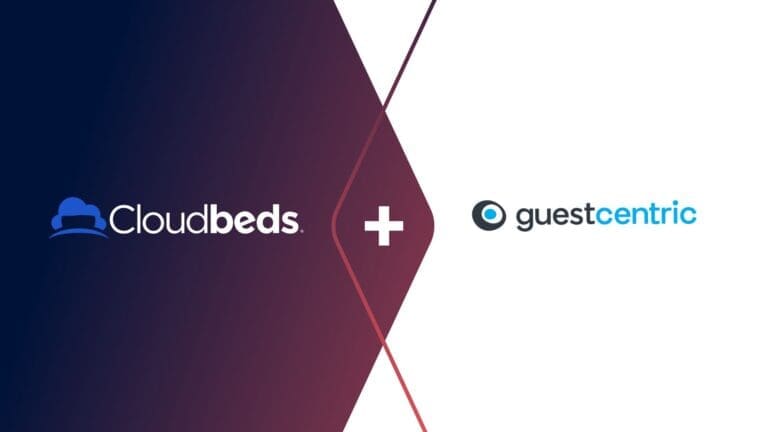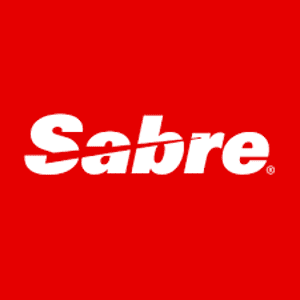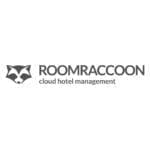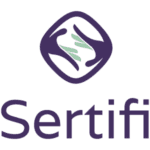 Since they don’t come via intermediaries such as Online Travel Agents (OTAs), direct bookings are commission-free and prized by hoteliers far and wide for their profitability.
Since they don’t come via intermediaries such as Online Travel Agents (OTAs), direct bookings are commission-free and prized by hoteliers far and wide for their profitability.
Direct bookings can also be elusive given the penetration of OTAs in the digital space, making it harder for hotel websites to cut through, be seen and become the conversion channel. However, a direct booking strategy that focuses on two key areas – customer engagement during the booking process and re-engaging hesitant guests – can provide the revenue increase you are seeking.
In this blog, we look at ways to optimise your booking process to keep guests engaged and attracting those that have been browsers to your site, but did not convert into guests.
You’ll need your own website
You’ll need a stable, secure website with its own booking engine if increasing direct bookings is on your agenda.
Ensure your booking engine is up to spec
It must be secure, able to handle payments from multiple channels and accept foreign currencies. Being easily bookable on mobile is crucial given the industry trend towards late bookings via mobile devices. It should load quickly and be intuitive in design so it gently but quickly nudges a user to complete bookings through prompts, dynamic pricing etc.
Attract the right guests
Guest segmentation is really important to target the right guests.

A backpacker will not book a luxury hotel (at least this is not a likely scenario). Understand your hotel’s profile and the guest profile. Use this to define the audiences you market to. Targeting irrelevant guests will not increase engagement on your website.
Clearly define your value proposition on your website
Know who you are and what you stand for. Then clearly demonstrate and describe this on your website. Visit some competitor sites to understand what they offer and make sure your proposition is better than theirs.
Be visual in your storytelling
Realms of words on your website is not attractive. Instead, use visuals and videos to tell your hotel’s story and showcase its features. Rich media such as images are great for establishing a quick emotional connection with your website browsers. Using images of guests from your social media is great for your website browsers.
Make sure your website is mobile optimized
For mobile visitors, i.e. it is responsive to a mobile screen size and also it loads quickly. If your website takes long to load, you can be assured you will lose your visitors quickly.
Clear and simple designs are preferred

Cluttered pages with too much content are lost on visitors trying to book their preferred accommodation. Many website builders have a number of easy-to-use templates that follow this guideline and are designed to increase direct conversions.
Limit the options
Nothing is more confusing to website visitors than having too many options shown while making a booking. Include add-ons but limit them to two or three. Show packages, but not 10!
Re-engage via remarketing and targeted email marketing
Ensure you never lose a website browser through remarketing via Google and/or social media. Get creative and use promotions and giveaways to gather website visitor data and re-engage them via the email channel.
Call-to-actions
Call-to-actions on your website must stand out. The Book Now button needs to be prominent, not an unnoticeable link within the website text.
Create stimulating copy
You’ll need words that sell by highlighting your hotel’s features and service standards. Back up these words via customer testimonials and online reviews – social proof has great value in today’s times.
Measure to improve
Intuition is good, but it is data and insights that drive improvement. Understand your data – booking engine, channel manager, PMS, etc. – using it to make informed decisions. Remember, your data sources need not only be your owned technical stack. Competitors, macro-economic factors and industry-specific movements such as new airlines routes etc. all feed into the insights you should be using to drive up direct bookings.
Use chatbots
Use chatbots on your website to provide customised and quick support to prospective guests.
Leverage metasearch platforms to drive bookings
These include Google Hotels. Using products such as STAAH SwiftBook, you can easily activate the Get Google feature and improve your online presence. The right technology is critical to the success of any direct booking strategy.


